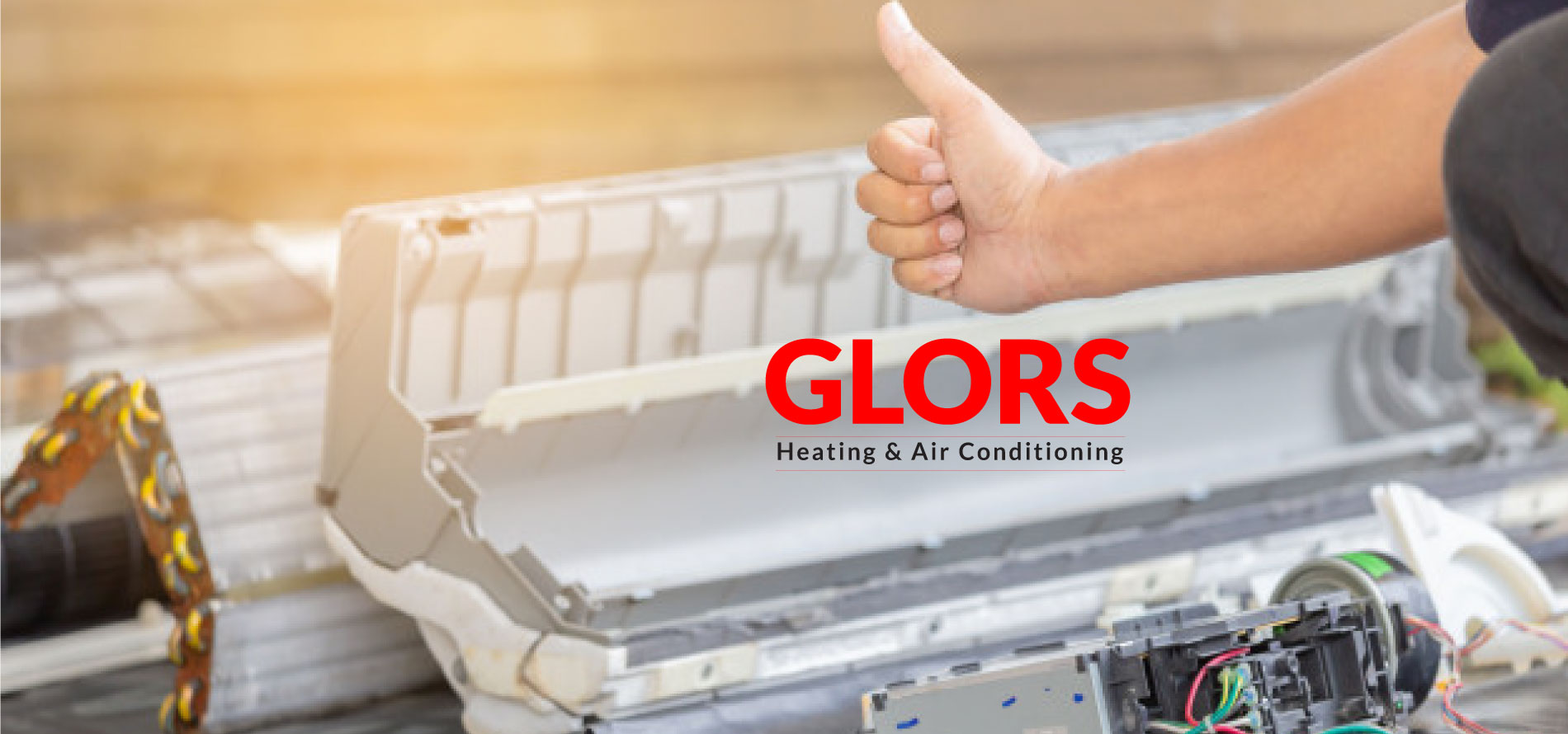There are several possible reasons why an air conditioner may not be cooling properly.
Some of the main reasons include:
-
Dirty or blocked air filters: Air filters in the air conditioner can become clogged with dirt, dust, and debris over time, restricting airflow. This reduces the unit's cooling efficiency and may even lead to ice formation on the evaporator coil.
-
Low refrigerant levels: Refrigerant is the substance responsible for absorbing heat from the indoor air. If the refrigerant levels are low, the air conditioner will struggle to cool the air effectively.
-
Leaking refrigerant: A refrigerant leak can cause a significant drop in cooling performance. Leaks need to be identified and repaired by a qualified technician, and the refrigerant should be recharged to the appropriate level.
-
Faulty compressor: The compressor is the heart of the air conditioning system, and if it's not functioning correctly, the unit won't cool properly. Compressor issues may include electrical problems, motor failure, or mechanical faults.
-
Dirty condenser coils: The condenser coils, located in the outdoor unit, can become coated with dirt and grime. When this happens, they can't release heat effectively, leading to reduced cooling efficiency.
-
Blocked condenser unit: If the outdoor unit is obstructed by debris or vegetation, it hinders the heat dissipation process, reducing the AC's cooling capacity.
-
Thermostat problems: Incorrect thermostat settings or a malfunctioning thermostat can cause the air conditioner to cycle on and off at inappropriate times, resulting in uneven cooling.
-
Inadequate sizing: If the air conditioner is not appropriately sized for the space it's trying to cool, it may struggle to maintain the desired temperature.
-
Air duct issues: Leaky or poorly insulated air ducts can lead to cooled air escaping before it reaches the rooms, resulting in reduced cooling performance.
-
Electrical problems: Electrical issues such as faulty wiring, capacitors, or relays can impact the proper functioning of the air conditioner.
-
Blocked vents and registers: If the supply vents or return registers are obstructed or closed, the airflow will be restricted, affecting cooling efficiency.
-
High ambient temperatures: Extremely high outdoor temperatures can put extra strain on the air conditioner, making it less effective in cooling the indoor space.
-
High outdoor temperature (Climate): Higher temperatures outside of the house make the walls, bricks, attics, windows, and doors more hot, and the AC has to fight against that extra HEAT gain.
-
High humidity (As humidity is the enemy of cooling): The higher the humidity, the lower the cooling effect. As per the physics, So the moist air can hold heat for a longer time compared to dry Air. So at the same temperature example, 23 Celsius with 40% moisture has a cooler effect than 23 Celsius with 70% moisture.
If you encounter any cooling issues with your air conditioner, it's best to have a professional HVAC technician inspect and diagnose the problem to ensure proper repairs and maintenance. Regular maintenance and timely repairs can help keep your air conditioner running efficiently and avoid costly breakdowns. Reach us for consultation and AC repair/installation GlorsHeating.com



